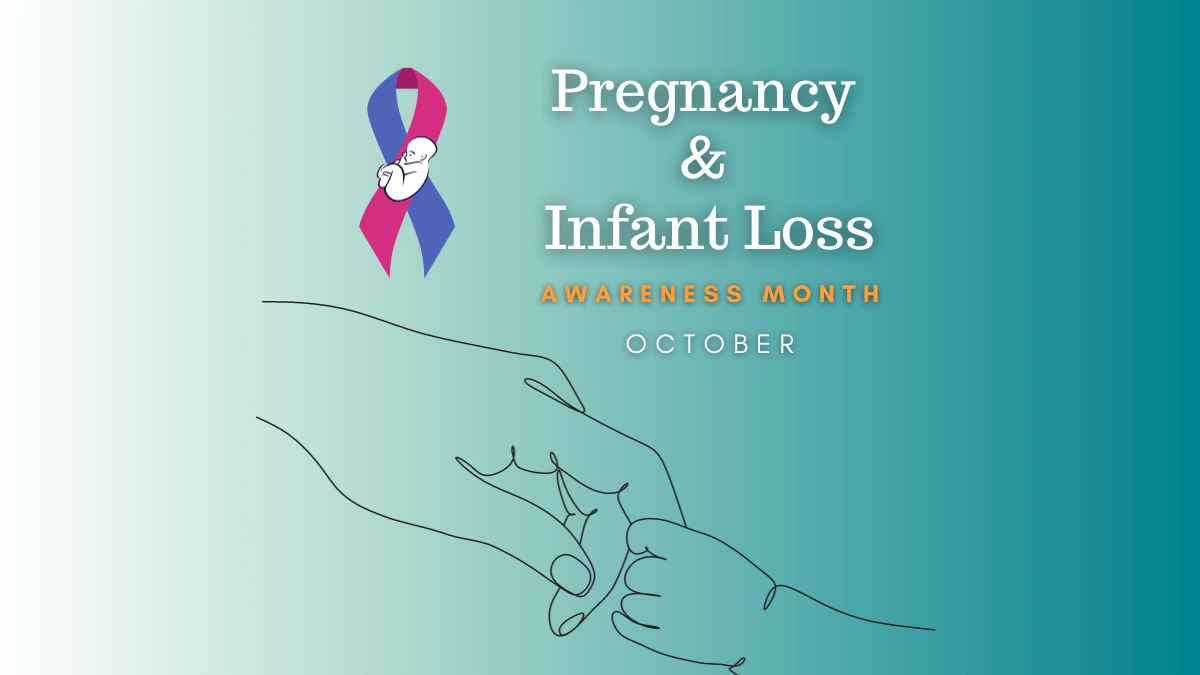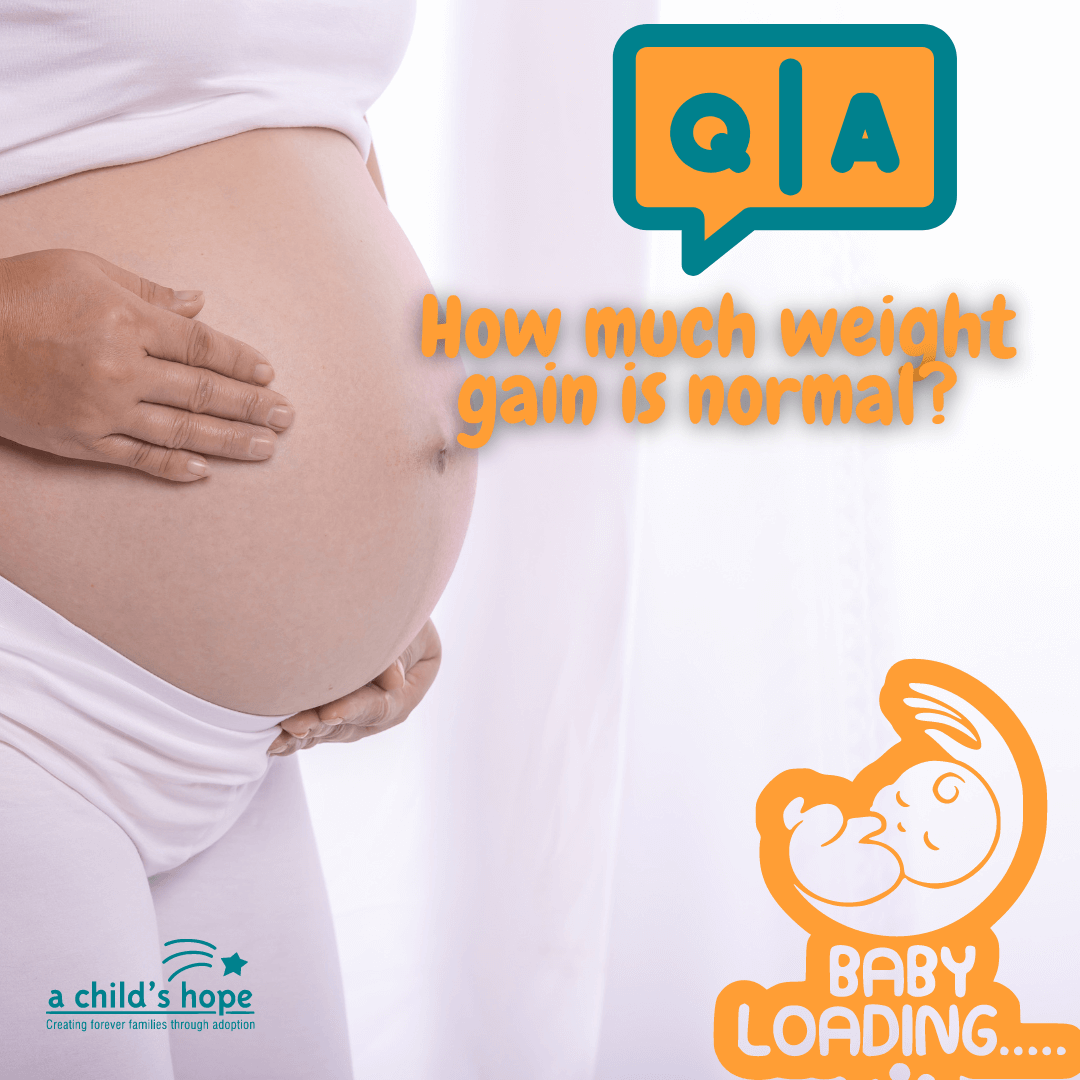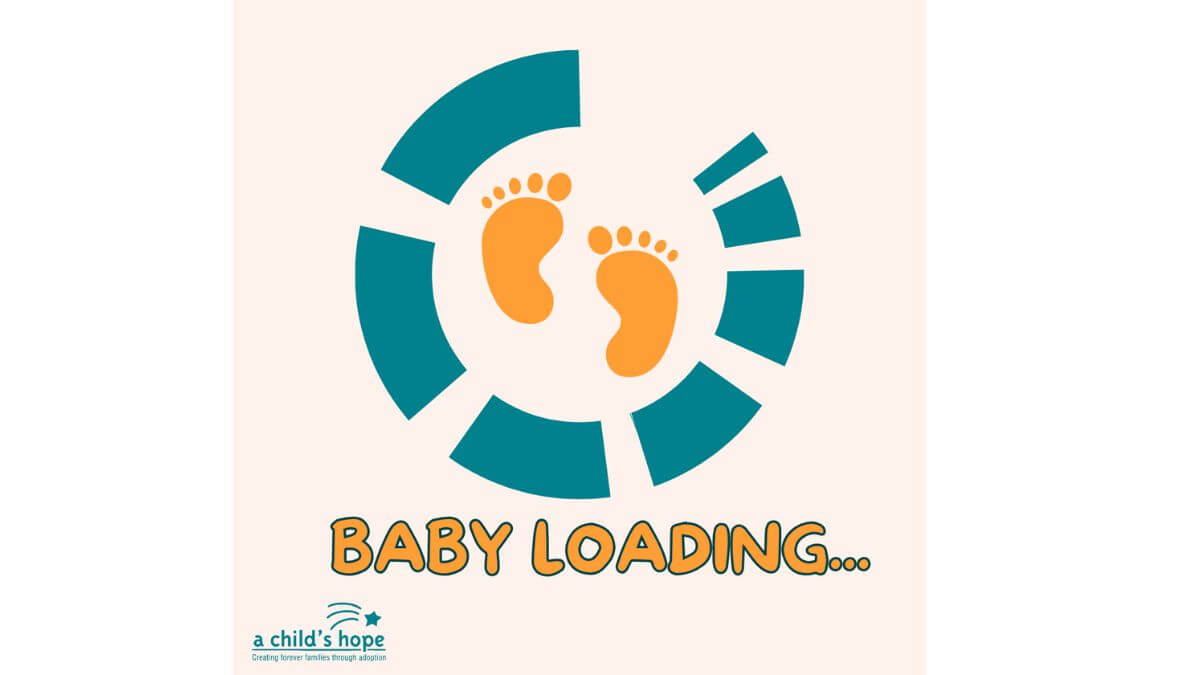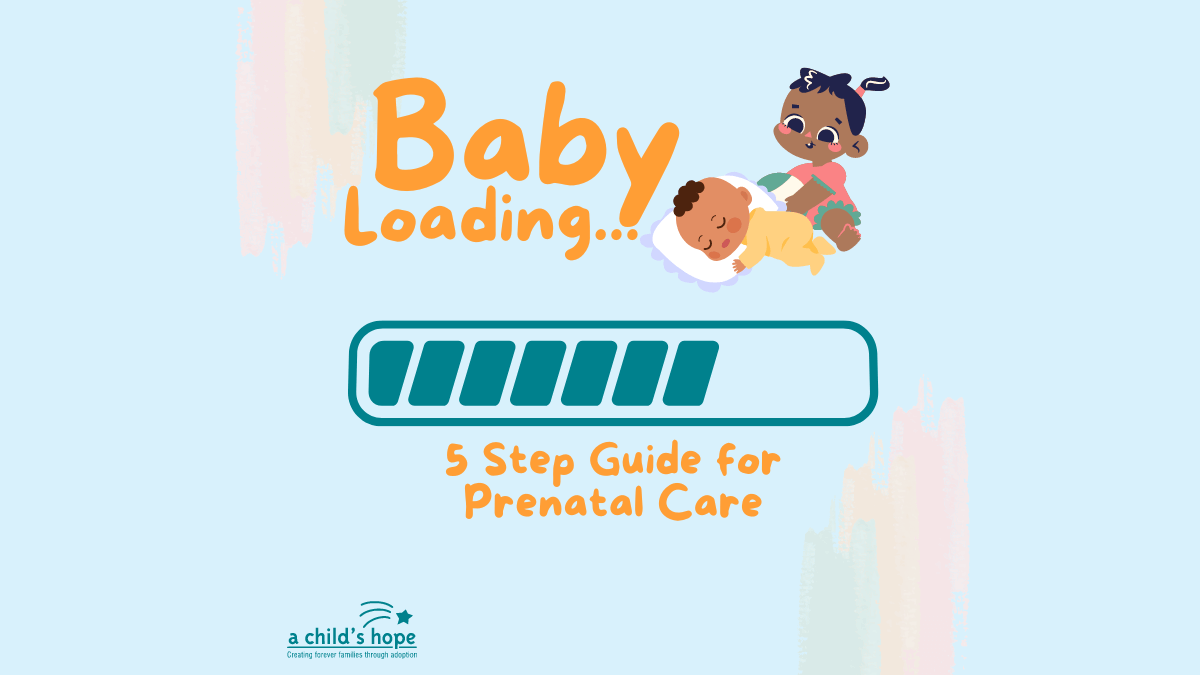
Pregnancy & Infant Loss Month: Supporting Mothers and Families on their Healing Journey
October marks Pregnancy and Infant Loss Month, a time to recognize mothers who have experienced the profound loss of a pregnancy or an infant.






